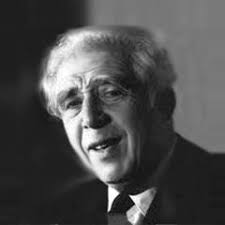Friedmann, Georges

Bio: (1902-1977) French sociologist. George Friedman studied philosophy at the École Normale Supérieure. Among the various positions he held, the most important was the professorship at the Institute for Political Studies (IEP) in Paris. He was primarily engaged in industrial sociology, and for that purpose, he conducted industrial research in many countries, including the USSR. Friedman believed that the rationalization and division of labor, which occurred due to the spread of Taylorism, led to negative consequences. However, he believed that new technologies had emancipatory potential. He later took a pessimistic attitude towards the emancipatory potential of workers, because they become too focused on consumption and leisure.
Main works
La Crise du progrès: esquisse d'histoire des idées, 1895-1935 (1936);
De la Sainte Russie à l'U.R.S.S. (1938);
Problèmes humains du machinisme industriel (1946);
Où va le travail humain? (1950);
Le Travail en miettes: Spécialisation et loisirs (1956);
Problèmes d'Amérique latine (1959);
Traite de sociologie du travail (1961);
Signal d'une troisième voie? (1961);
Fin du peuple juif? (1965);
Sept études sur l'homme et la technique: Le pourquoi et le pour quoi de notre civilisation technicienne (1966);
La Puissance et la Sagesse (1970);
Journal de Guerre (1939-1940) (1987);
Ces merveilleux instruments: Essais sur la communication de masse (1988).
Works translated into English:
Industrial Society: The Emergence of Human Problems of Automation (1955, in French 1946);
The End of the Jewish People? (1967, in French 1965);
The Anatomy of Work: Labor, Leisure and the Implications of Automation (2021, in French 1956).

